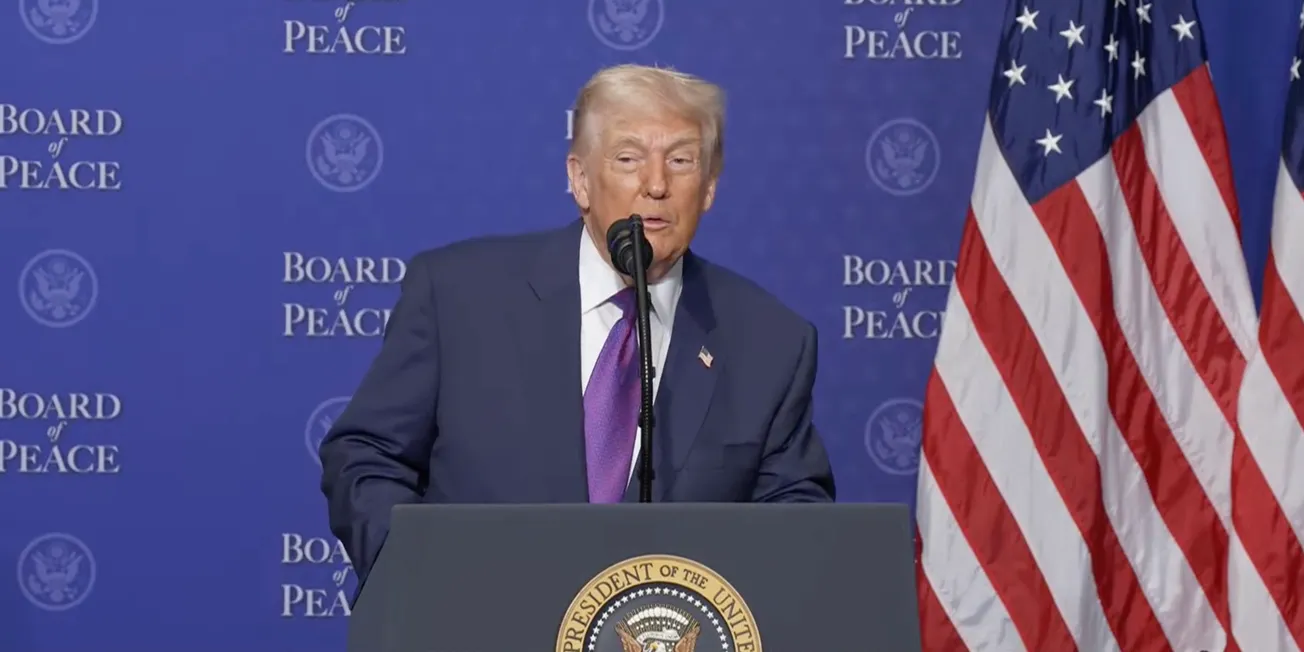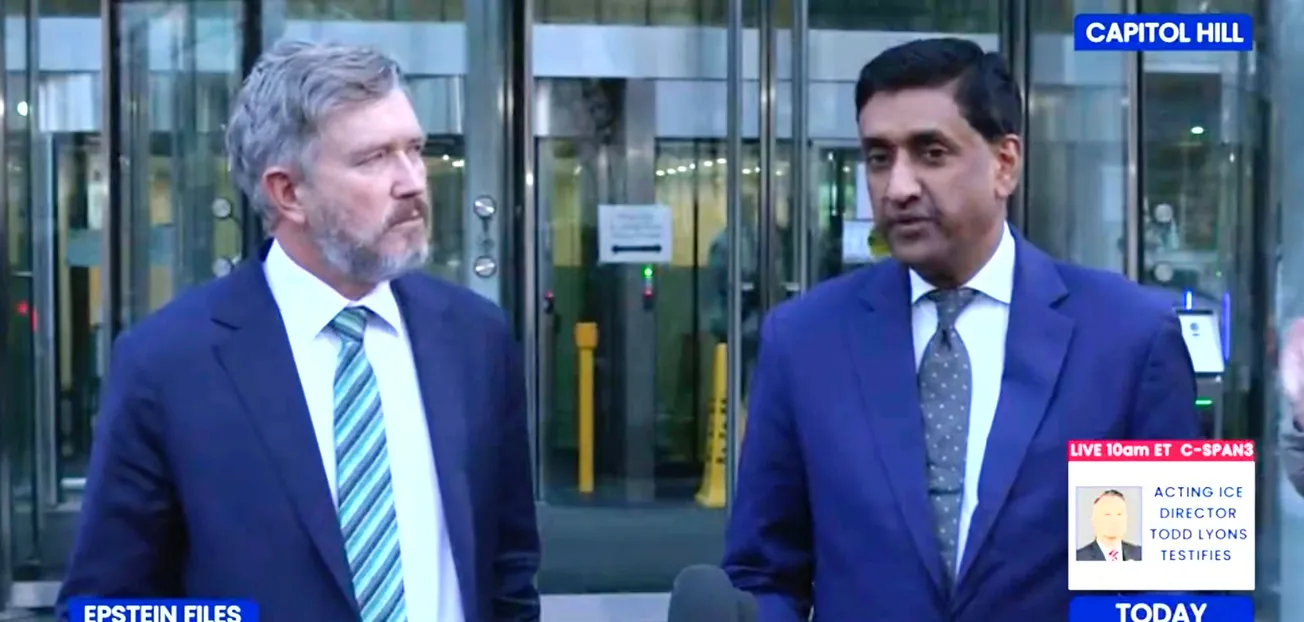The Biden Administration sank to a new low of venality and vindictiveness with a new wave of sanctions targeting two Russian banks and family members of Russian President Vladimir Putin and Foreign Minister Sergei Lavrov yesterday. A senior administration official said the measures are being imposed in alignment with allies in the G7 and EU and come in response to “the sickening brutality” recently “discovered” in the Kyiv suburb of Bucha following the retreat of Russian forces, reported The Hill. The senior administration official said the U.S. and allies are “intensifying the most severe sanctions ever levied on a major economy” and that the result is to send Russia “into economic and financial and technological isolation.” The official added that the country will “go back to Soviet-style living standards from the 1980s.” The administration allowed a carve-out for energy, however, given the E.U.’s dependence on Russian oil and gas, but said it is working with allied nations to reduce such imports.
The personal sanctions target two of Putin’s adult daughters, Maria Putina and Katerina Tikhonova, and Lavrov’s wife and daughter. The U.S. also imposed sanctions on former President and Prime Minister of Russia Dmitry Medvedev, whom The Hill describes as a prominent voice supporting Putin’s invasion of Ukraine, and current Prime Minister Mikhail Mishustin.
Russian Ambassador to the U.S. Anatoly Antonov blasted the sanctions as directly targeting Russian citizens. “The administration’s non-stop sanctions attacks show true aspirations of the United States. An example is the restrictions against Sberbank and Alfa-Bank, where most Russians keep their savings. This is a direct attack on the Russian population, ordinary citizens,” he said, as quoted in the embassy’s telegram channel. “By imposing new sanctions, Washington continues to damage the global economy. It undermines the possibilities of foreign partners for mutually beneficial cooperation with us. It leaves foreign business without the income necessary in the current period of economic turbulence,” the ambassador added.








